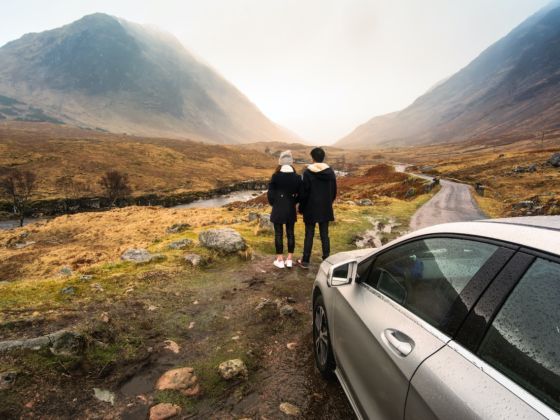AN ANCIENT ZEN koan has it that in order to discover ourselves we must first get truly lost. Actually I just made that up, but you get the picture.
Road movies can be quests, pilgrimages, chases, crime sprees, spiritual journeys, whatever, but mostly they’re about the need to escape the routine and, more often than not, the “tiresome self”. New landscape, an unreliable conveyance, eccentric characters encountered, and before you know it you’ve invented a whole new you – rootless, convivial yet mysterious, and glamour-tinged.
